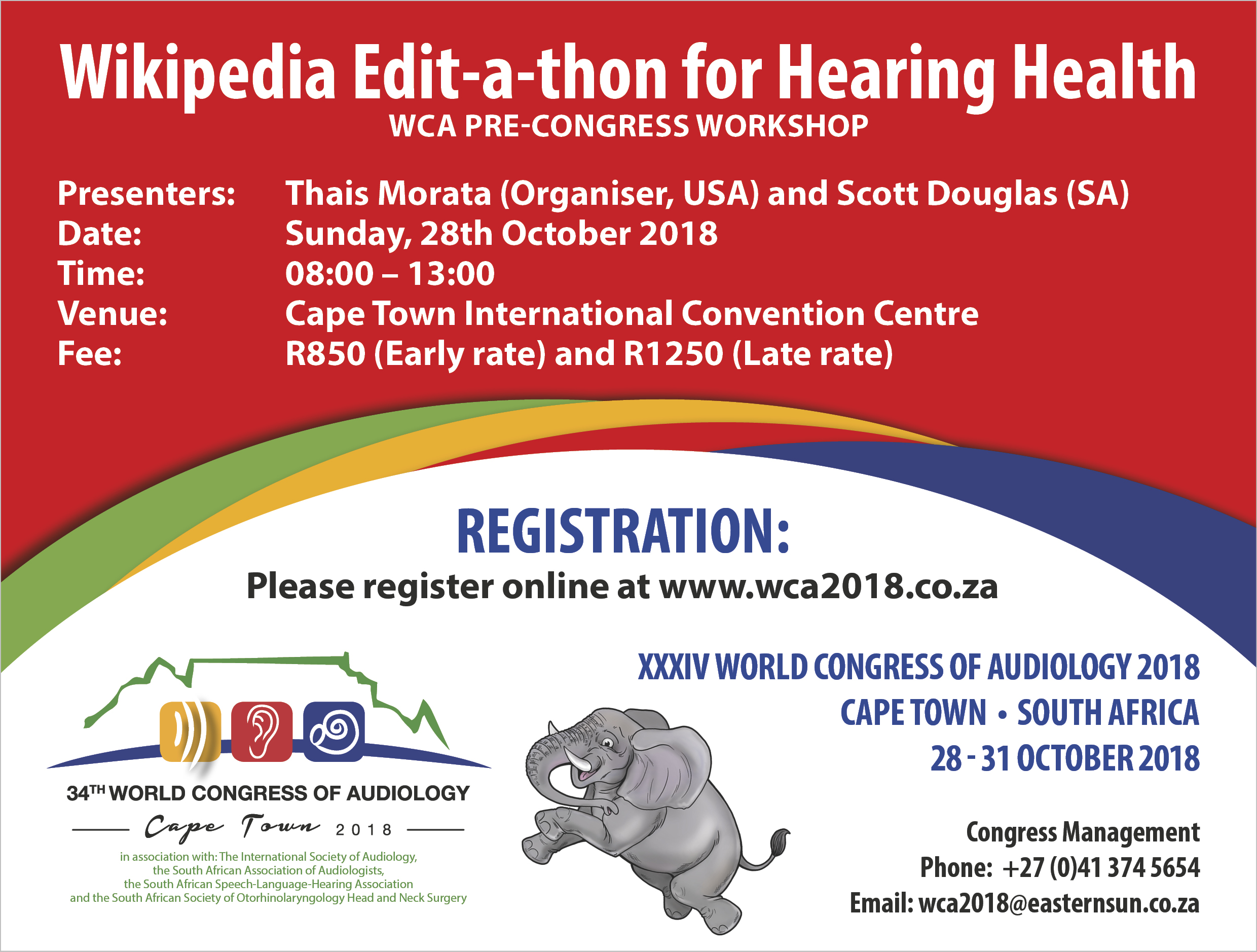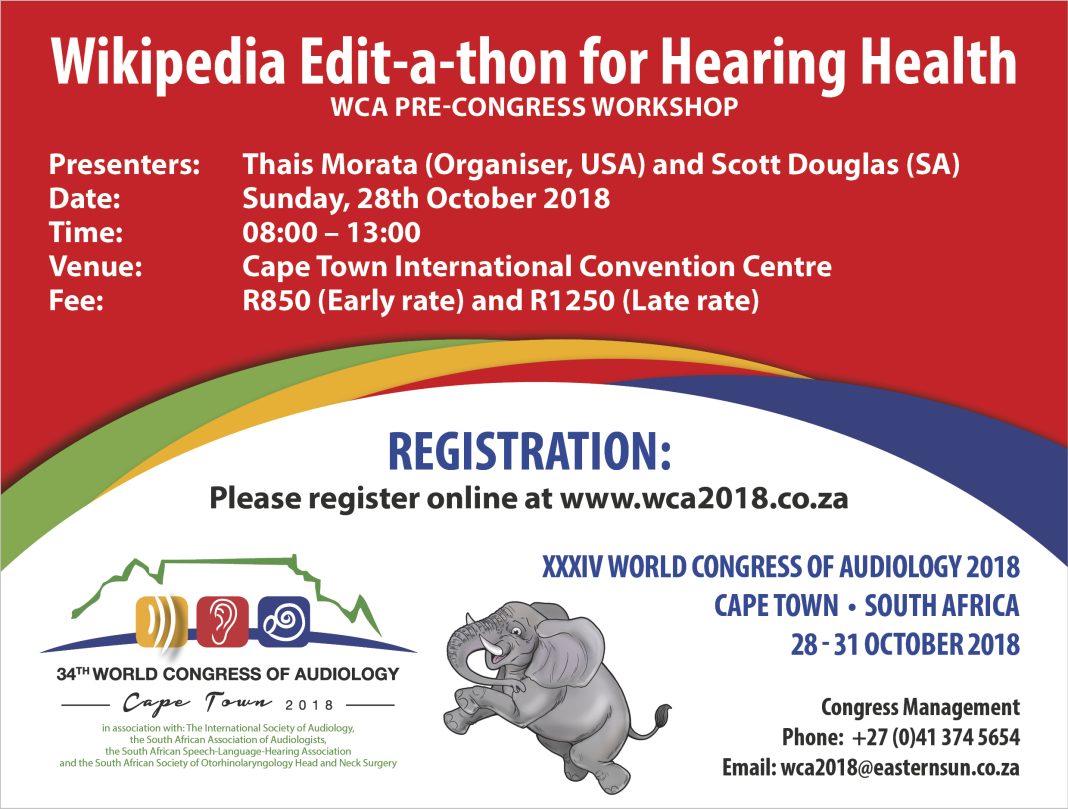 A regulation implemented by the Consumer Financial Protection Bureau (CFPB) aimed at reducing late fees on credit cards is facing a legal battle led by the U.S. Chamber of Commerce and the card industry. The industry filed a lawsuit in federal court to prevent the new rule from taking effect, and the case has been bouncing between venues in Texas and Washington, D.C. for weeks. The court is expected to announce its decision by Friday evening on whether to grant the industry’s request for a freeze.
A regulation implemented by the Consumer Financial Protection Bureau (CFPB) aimed at reducing late fees on credit cards is facing a legal battle led by the U.S. Chamber of Commerce and the card industry. The industry filed a lawsuit in federal court to prevent the new rule from taking effect, and the case has been bouncing between venues in Texas and Washington, D.C. for weeks. The court is expected to announce its decision by Friday evening on whether to grant the industry’s request for a freeze.
If the freeze is granted, it could delay the implementation of the regulation, which would limit most banks to charging $8 per incident in late fees. The regulation was set to take effect on Tuesday, but this decision could potentially halt it. Tobin Marcus, a lead policy analyst at Wolfe Research, stated that clarity on the rule’s implementation should come soon.
The credit card regulation is part of President Joe Biden’s efforts to combat what he considers “junk fees.” Card issuers have been increasing late fees since 2010, profiting from users with low credit scores who accumulate an average of $138 in fees per card annually, according to CFPB Director Rohit Chopra. The industry argues that the regulations are misguided and will shift costs onto those who pay their bills on time, potentially leading more users to fall behind.
The potential impact of the rule is significant, as the CFPB estimates that it could save American families $10 billion in fees per year by reducing late penalties to $8 from the typical $32 per incident. Card issuers such as Capital One and Synchrony have already discussed plans to offset the revenue loss they would face if the rule is implemented. They might raise interest rates, introduce new fees for services like paper statements, or change their lending criteria.
Capital One CEO Richard Fairbank mentioned that if the CFPB rule is implemented, it would impact the company’s revenues for a couple of years, and they would take mitigating actions to generate revenue elsewhere. Some of these actions have already been implemented, and additional measures will be considered based on the outcome of the litigation.
Tobin Marcus and other industry observers believe that the Chamber of Commerce is likely to succeed in delaying the rule, either through the Northern District of Texas or the Fifth Circuit Court of Appeals. If approved, a preliminary injunction could delay the rule until the dispute is resolved, potentially through a lengthy trial. The industry group chose to file the lawsuit in Texas, as it is seen as a more favorable venue for corporations.
Overall, it is anticipated that the implementation of the regulation will be blocked before it takes effect. The CFPB declined to comment on the matter, and the Chamber of Commerce has not yet responded to requests for comment.


